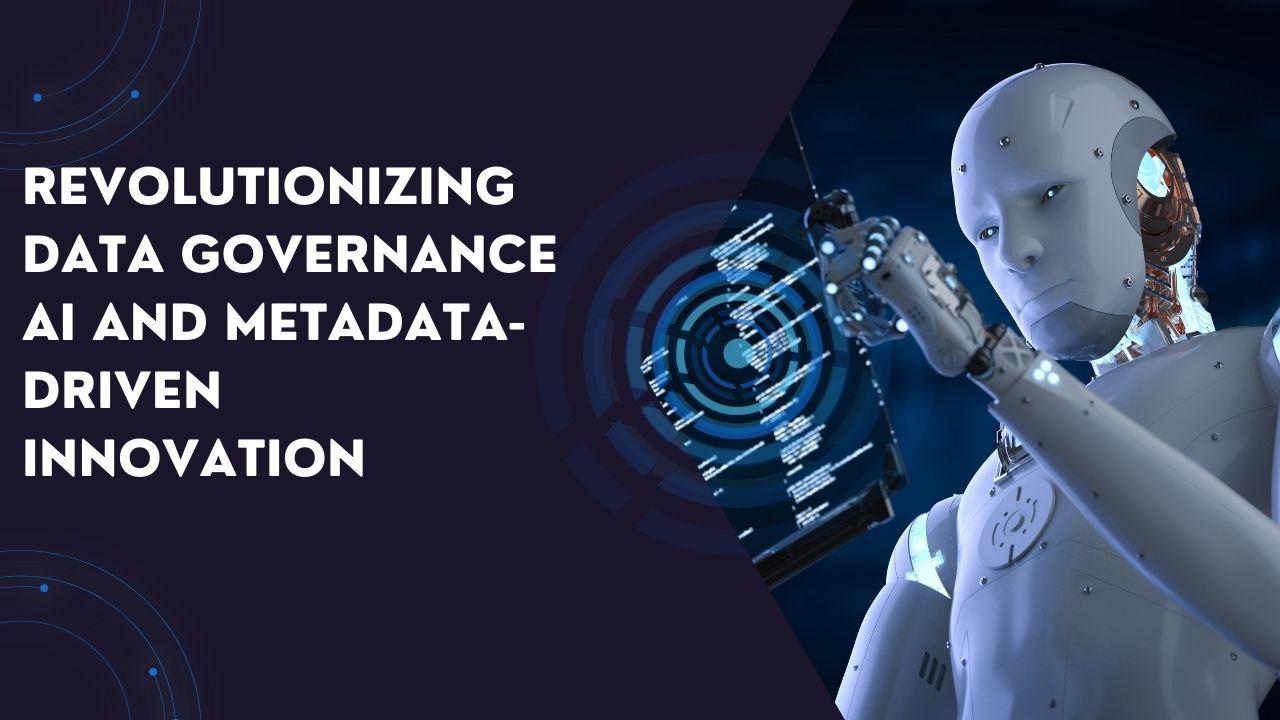In this modern era of rapid technological advancements and digital transformation, Amit Kumar explores the next generation of distributed system security in his latest work. His insights highlight the role of artificial intelligence and metadata-driven frameworks in transforming how organizations manage sensitive information while ensuring regulatory compliance.
The Evolving Landscape of Data Governance
In today’s digital era, organizations face an unprecedented surge in data volume, velocity, and variety. Managing and securing this data in distributed systems has become increasingly complex. Traditional governance frameworks struggle to keep up with real-time compliance monitoring and threat detection. The integration of AI-driven solutions presents a game-changing shift, automating classification, monitoring, and risk assessment across vast infrastructures.
AI-Powered Automation for Real-Time Compliance
Artificial intelligence plays a pivotal role in enhancing data governance. Machine learning algorithms now enable organizations to detect security threats with over 90% accuracy. These intelligent systems can process thousands of transactions per second while significantly reducing compliance monitoring costs. The ability to automate governance tasks not only minimizes human errors but also ensures adherence to evolving regulations. Organizations leveraging AI-driven governance frameworks have experienced improved resource utilization and operational efficiency, leading to streamlined workflows and enhanced risk mitigation strategies.
Metadata as the Foundation of Intelligent Governance
Metadata-driven frameworks have emerged as a cornerstone of modern governance strategies. By leveraging metadata registries, organizations can track data lineage, enforce security policies, and categorize information dynamically. These registries provide a structured approach to data classification, reducing unauthorized access attempts and improving collaboration across distributed environments. Additionally, AI-driven metadata analysis enables organizations to detect anomalies in real time, preventing potential data breaches before they escalate.
Enhancing Security Through AI-Driven Classification
Sensitive data classification is a critical component of governance, and AI-driven models have revolutionized this process. Automated classification mechanisms now achieve over 90% accuracy, significantly improving security protocols. These systems can analyze and categorize thousands of new data elements per minute, ensuring that organizations maintain compliance across multiple jurisdictions. AI-powered classification solutions have also demonstrated significant improvements in reducing false positives, thereby refining security response strategies and strengthening overall data protection measures.
Addressing the Complexity of Regulatory Compliance
With organizations operating across multiple regulatory landscapes, maintaining compliance is a daunting task. AI-enhanced governance frameworks streamline this process by automatically updating policies in response to new regulations. This adaptability reduces the time required for compliance audit preparations by nearly 90%, enabling organizations to meet stringent legal requirements efficiently. Furthermore, predictive analytics within AI-driven compliance systems allow organizations to anticipate regulatory shifts, ensuring proactive adherence to evolving governance standards.
The Economic Impact of Intelligent Governance
Beyond security improvements, AI-powered governance solutions offer substantial cost savings. By automating compliance monitoring and reducing false security alerts, organizations have reported a 70% decrease in compliance costs. Additionally, predictive analytics enable proactive risk management, preventing costly data breaches before they occur. These advancements not only safeguard an organization’s financial health but also enhance its reputation by ensuring robust data privacy protections for stakeholders and customers.
Preparing for AI-Integrated Governance Systems
Successfully implementing AI-driven governance requires a structured approach. Organizations must invest in scalable technical architectures and train personnel in AI-specific skills. Adaptive governance models ensure that businesses can respond swiftly to regulatory changes while maintaining operational efficiency. Moreover, fostering a culture of continuous learning and innovation allows enterprises to stay ahead of compliance challenges and technological disruptions in the ever-changing digital landscape.
The Future of Data Governance
As AI and metadata-driven frameworks continue to evolve, they will redefine how organizations manage, protect, and utilize data. The adoption of intelligent governance systems is not just a technological upgrade, it is a necessity for organizations seeking to maintain data integrity in an increasingly complex digital world. Future developments in AI-powered automation will likely lead to even more refined governance solutions, further reducing human intervention while enhancing accuracy and reliability.
In conclusion, Amit Kumar’s research underscores the transformative potential of AI in data governance, highlighting its role in enhancing security, compliance, and operational efficiency. As the digital landscape continues to evolve, organizations that embrace these innovations will lead the way in secure and intelligent data management.



































